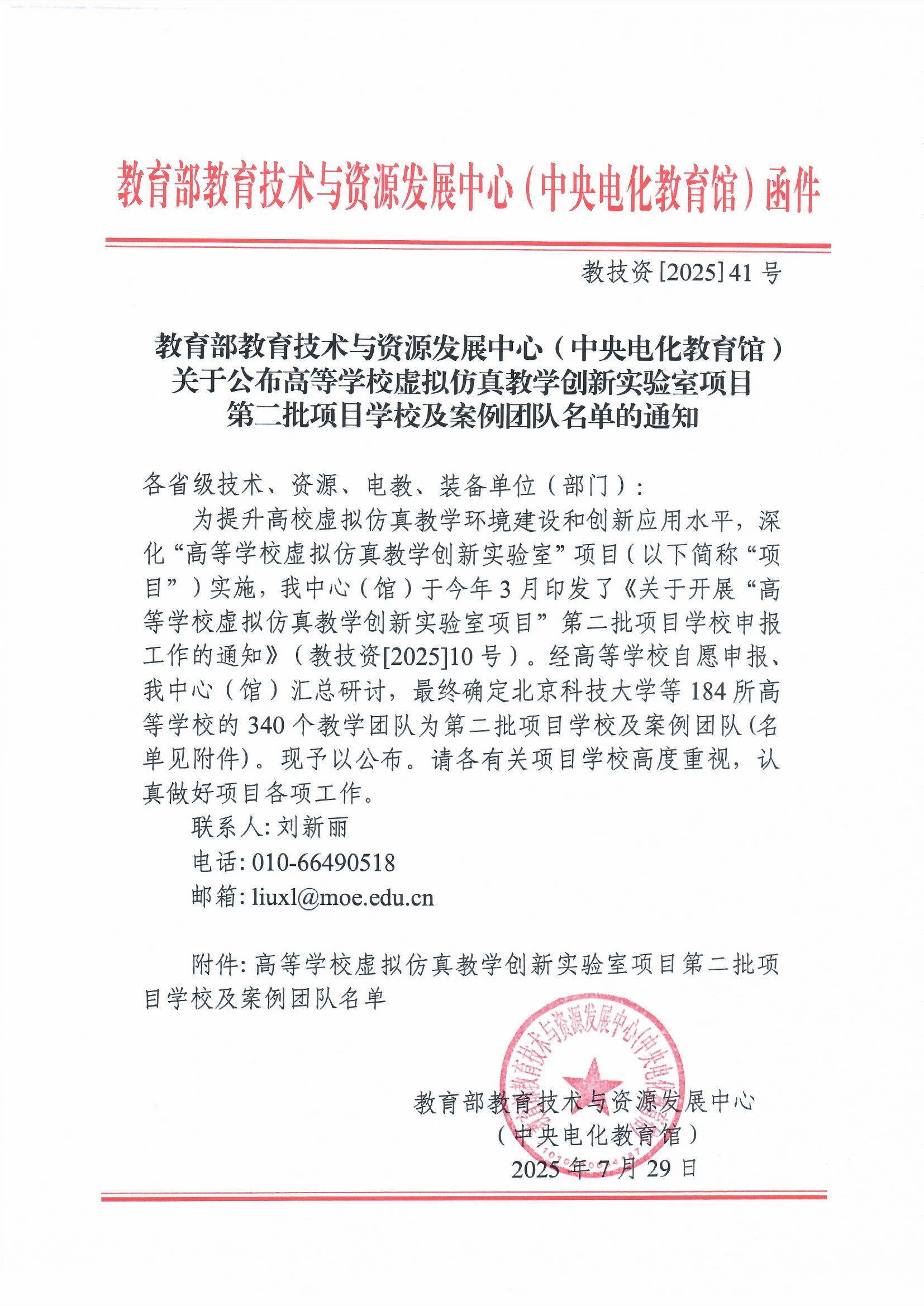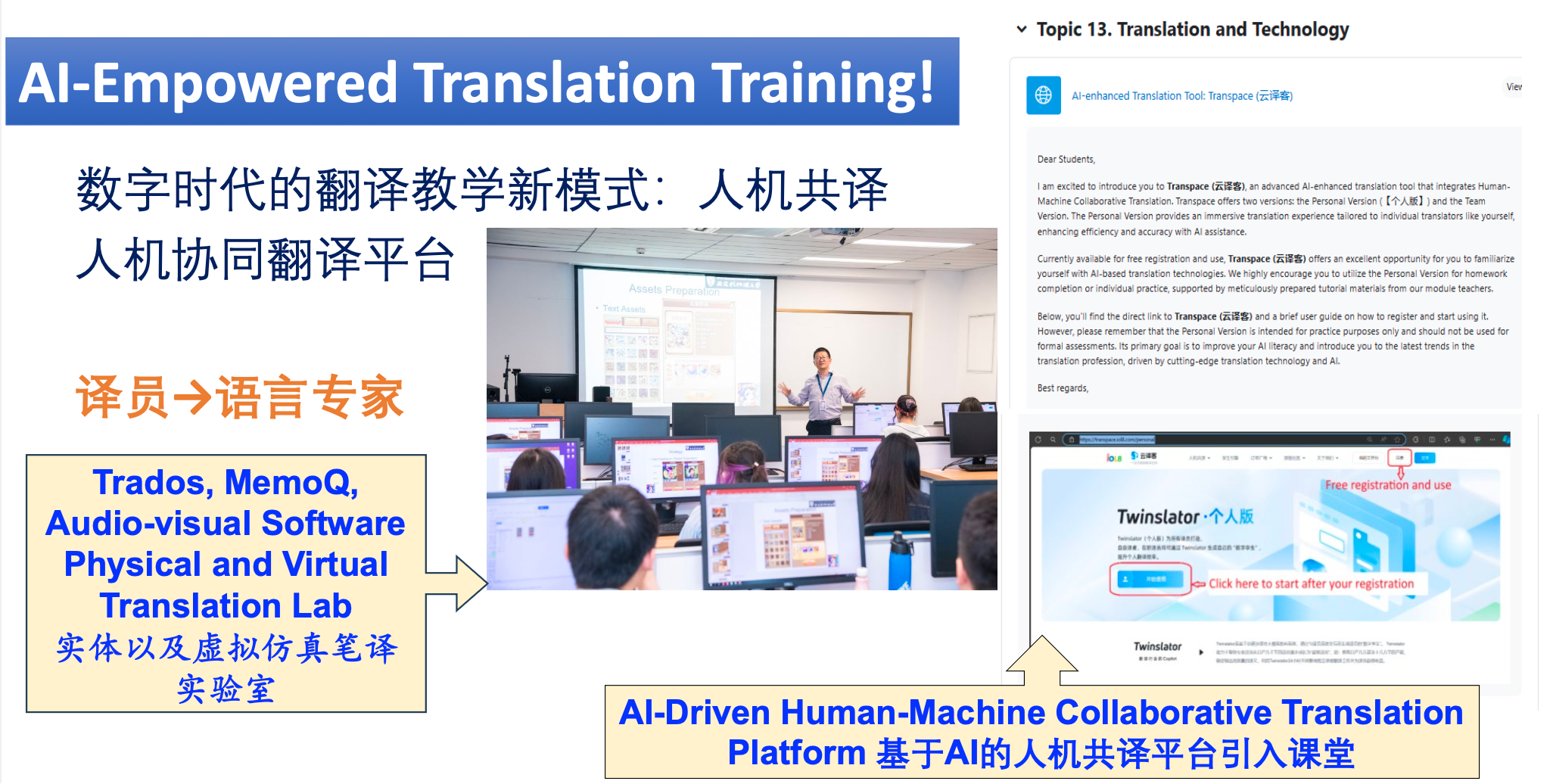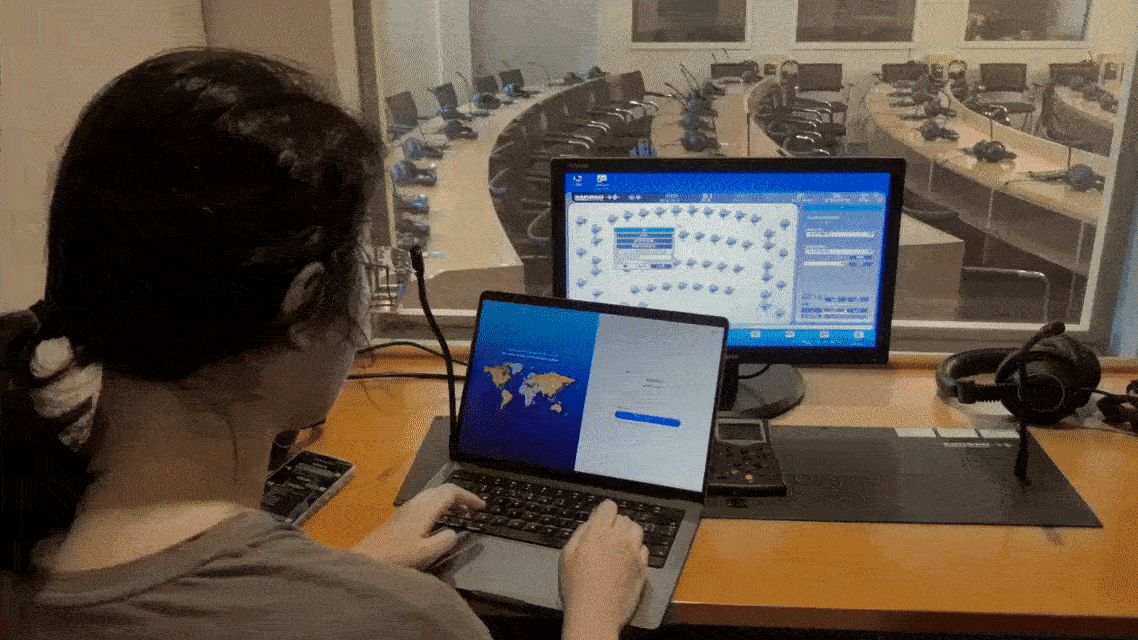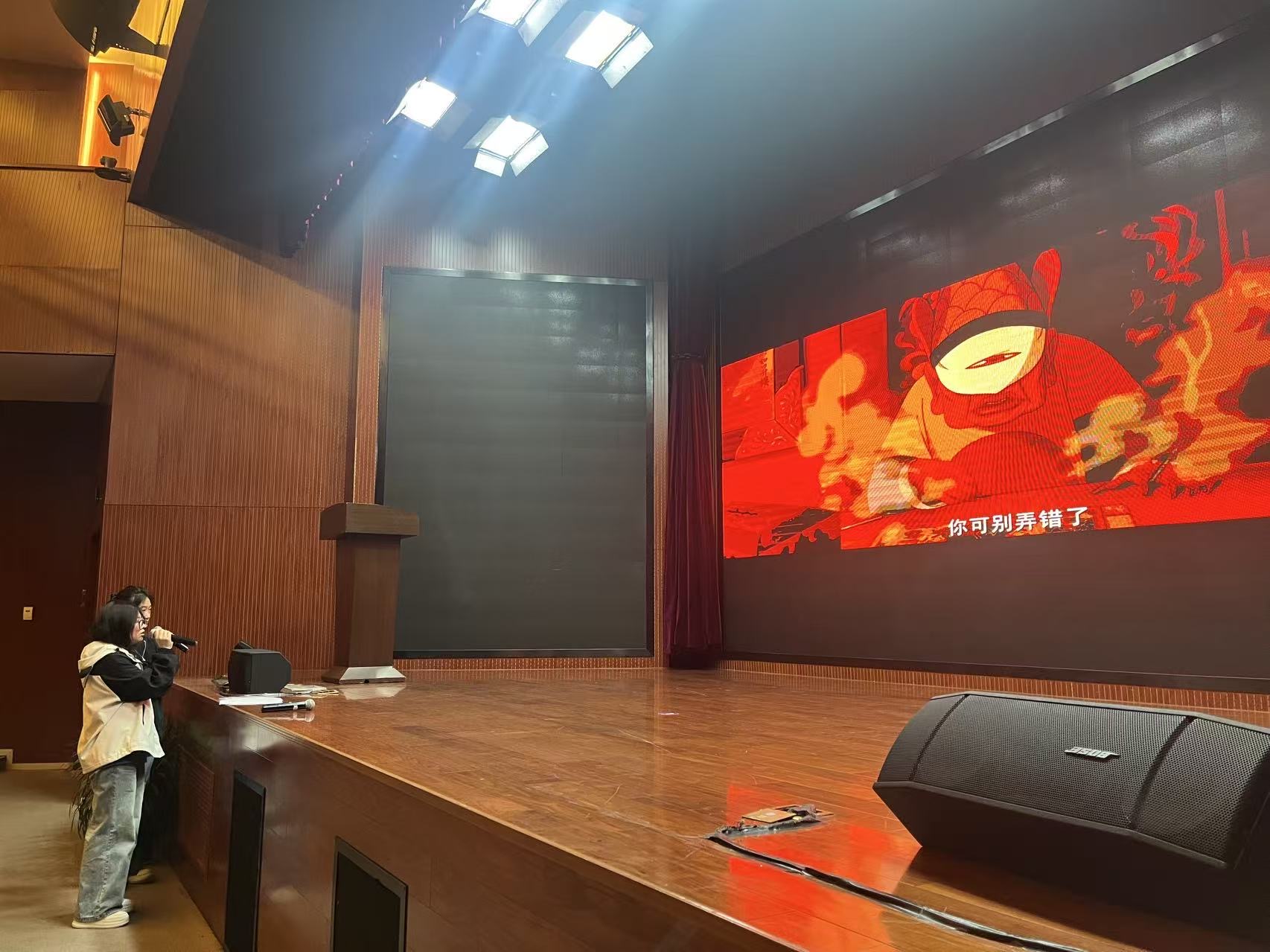08 Sep 2025
Recently, the Ministry of Education announced the list of Higher Education Virtual Simulation Teaching Innovation Laboratories. Xi’an Jiaotong-Liverpool University’s “Digitalised, Technology-Enhanced Multimodal Translation Virtual Laboratory” has been selected, becoming one of the exemplary projects in this field.

In line with the Ministry of Education’s “Declaration on New Liberal Arts Education” and the new demands for translation talents in the era of AI, the laboratory integrates XJTLU’s existing facilities for interpreting, translation, and audio-visual translation. Supported by the XJTLU Learning Mall, it builds an innovative teaching system that combines technology, teaching, research, and application, providing students with a multidimensional, interdisciplinary, and immersive practice environment.
Three core modules drive innovation in translation education

-
- AI-empowered interpreting and translation simulation
By applying AI technologies, the laboratory creates simulated scenarios such as conferences, business negotiations, and medical consultations, where students are able to complete tasks such as precise translation of legal documents, standardised handling of financial terminology, and ethical decision-making in medical translation. AI-assisted interpretation demonstration
AI-assisted interpretation demonstration - Language technology and data analysis
This module focuses on developing research skills. Through training in corpus analysis, comparison between machine translation and human post-editing, students gain proficiency in data-driven approaches to translation study. The module has already been put into practice through multiple rounds of teaching, using the YiCAT platform and the Learning Mall. - Multimodal audio-visual translation
In response to the diversified needs of today’s translation industry, this module emphasises the integrated conversion and cultural adaptation of text, images, audio, and video.Dr Wan Hu, project leader and Head of the Department of Literary and Translation Studies in the School of Humanities and Social Sciences, said, “Translation has long gone beyond the mere conversion of words. Through courses on news media translation, film subtitling, and video dubbing, combined with AI speech recognition and machine pre-translation, we enhance students’ comprehensive capabilities in areas such as digital journalism, short video localisation, and game localisation.”
- AI-empowered interpreting and translation simulation
Develop advanced learning experience by aligning with industry
At present, the laboratory has jointly launched five digitalised translation courses with the Learning Mall. Covering both the translation and English programs, these courses amount to around 150 teaching hours and meet multi-level learning needs from foundational to advanced levels.
 Innovative dubbing show in the audio-visual translation course
Innovative dubbing show in the audio-visual translation course
This nationally recognised platform goes beyond concepts and is deeply embedded in students’ everyday learning. In the multimodal audio-visual translation course, students select videos for an innovative dubbing show, completing translation practice on the spot. Their works span renowned works such as “Ne Zha 2,” “Journey to the West,” “Empresses in the Palace,” and “Crayon Shin-chan,” through which they acquire essential skills in audio-visual synchronisation and cultural adaptation in an engaging, hands-on way. Students also participate in subtitling projects via the OOONA platform, connecting directly with international industry standards and experiencing real-world subtitling workflows.
In the digital journalism course, students carry out translation and localisation practice using news videos featuring the China International Import Expo, Suzhou gardens, and China’s overseas infrastructure projects. This enables them to engage with current affairs while staying aligned with global communication trends, gaining valuable industry experience along the way.
“The approval of the Laboratory adds another cornerstone to XJTLU's digital development, demonstrating the deep integration of information technology with education and teaching. Zhu Zhefei, a core member of the project team and Technical Research and Develop Manager at the XJTLU Learning Mall, expressed optimism about the laboratory's prospects.
Looking ahead: Integrate industry and education to empower the sector’s development
Looking to the future, Dr Wan Hu said, “We will continue to enhance advanced learning experiences and transform teaching outcomes into industry impact. We plan to work with more enterprises to establish platforms for industry-education-research collaboration, providing professional support for the digital transformation of the translation and language services sector. At the same time, the laboratory will also launch micro-courses with certificates for a wider learning community, building an innovative ecosystem that connects academia, industry, and society.”
Reporter:Yiyi Gu
Photo provided by the Department of Literary and Translation Studies
08 Sep 2025








